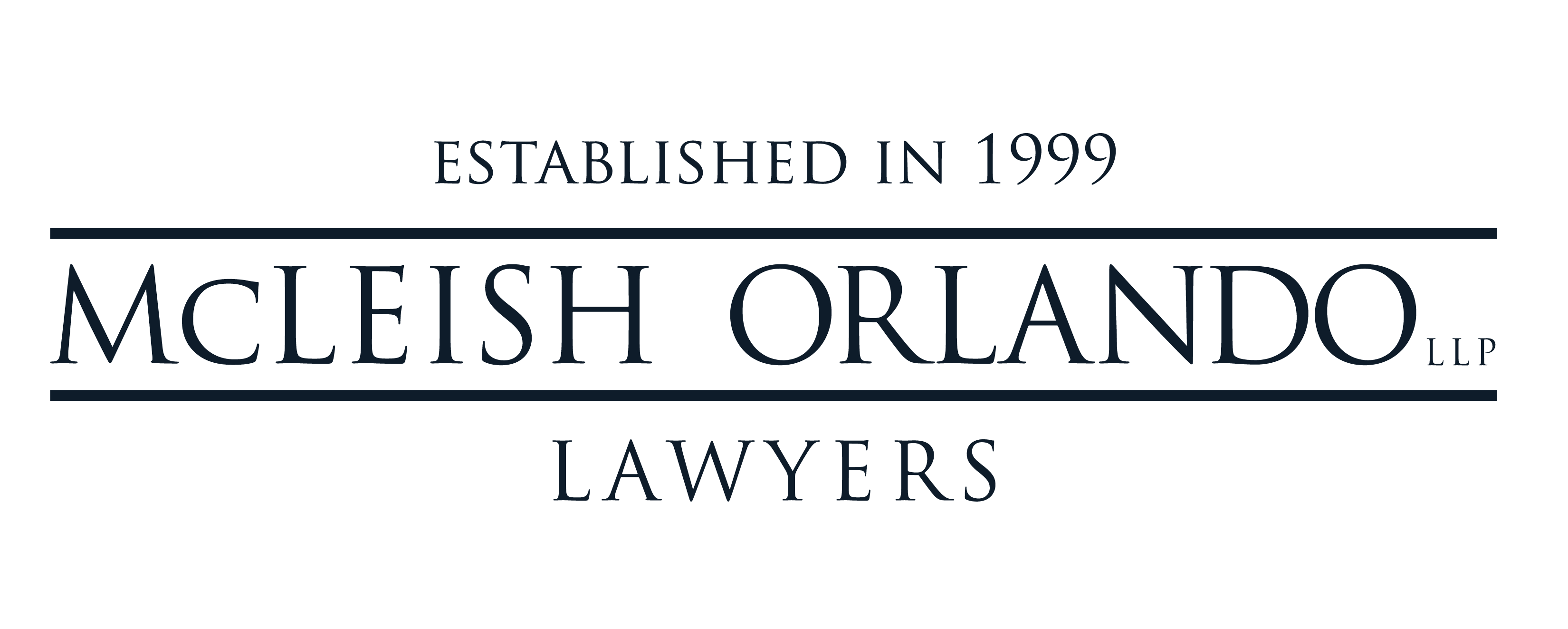Written By: Lindsay Charles, Partner, and Cierra Hurley, Articling Student
5 minute read
When you are unable to work due to a serious illness or injury, long-term disability (LTD) benefits can be a critical financial lifeline. These benefits are designed to provide a portion of your income if you become disabled and can no longer perform the essential duties of your job. If you are unfamiliar with how LTD insurance works, you can read more in our previous blog: What Is Long-Term Disability Insurance and How Does It Work?
Unfortunately, LTD benefits are not always easy to access. This may be the case even when your disability is genuine and well-documented. It is not uncommon for insurance companies to deny initial claims or terminate benefits prematurely. If this happens to you, it’s important to understand your legal rights and the potential compensation available. Many people assume that receiving benefits is the end of the road, but you could be entitled to additional compensation, including damages.
First Steps After an LTD Denial
If your LTD claim has been denied, the insurance company will usually provide you with the option to appeal the decision internally. While this may seem straightforward, your first step should always be to consult with a lawyer who has experience handling LTD cases. Why? Because strict deadlines apply. You may only have a limited period to appeal the denial or commence a lawsuit. Once that window closes, your legal options may be lost or limited.
Why a Lawyer is Critical in LTD Denials
Insurance companies are large, well-resourced entities that don’t always act fairly. A lawyer familiar with LTD claims knows how to hold insurers accountable and ensure your rights are protected. A lawyer will:
- Analyze your denial letter and the insurer’s stated reasons.
- Gather evidence including medical records, expert assessments, and reports from other physicians and healthcare providers.
- Initiate legal proceedings.
- Represent you in communications and negotiations.
- Identify whether you are entitled to compensation, including damages.
What Damages Can You Claim in an LTD Lawsuit?
When an insurer wrongfully denies or discontinues your LTD benefits, you may be entitled to various types of damages depending on how the insurance company acted and the impact of their decision. The types of damages that may be awarded include compensatory damages, aggravated damages, and punitive damages.
Compensatory Damages
Compensatory damages are the core damages awarded to make up for the benefits you should have received under your policy. If your claim was denied or benefits were wrongfully terminated, you can seek repayment of the amounts that were withheld.
Aggravated Damages
Aggravated damages are awarded to compensate consequences arising from a breach of contract, including mental distress or emotional harm. They are intended to make up for the personal impact of the breach on the insured and not to punish the insurer. The Supreme Court of Canada confirmed in Fidler v Sun Life Assurance Co. of Canada, 2006 SCC 30 that LTD policies are meant to provide peace of mind, not just income. If the denial of benefits disrupts your peace of mind and causes significant distress, you may be entitled to additional compensation beyond the benefits owed. You do not need to prove bad faith to receive aggravated damages. In cases involving LTD claims, aggravated damages may be awarded if the refusal to pay benefits results in anxiety, stress, or emotional suffering.
Punitive Damages
Punitive damages are awarded not to compensate you, but to punish the insurer and deter similar misconduct in the future. They are reserved for cases where the insurer’s conduct was malicious, high-handed, or grossly unfair. In other words, the insurer acted in bad faith. Insurance companies owe you a duty of good faith, which means they must:
- Investigate your claim promptly and fairly.
- Reasonably interpret your policy to make decisions.
- Consider all relevant evidence.
- Avoid coercive measures.
An incorrect denial alone does not amount to bad faith. However, if an insurer delays or denies your claim without proper justification, ignores key medical evidence, or uses deceptive tactics, they may potentially expose themselves to punitive damages.
Lessons from Real Claims
Fraser v Fenchurch General Insurance Company, 2022 ONSC 6222
In this 2022 Ontario decision, Mrs. Fraser was denied LTD benefits even though an independent medical examiner recommended a psychiatric assessment to evaluate her psychological limitations. The insurer ignored the recommendation and denied her claim. Years later, both parties’ psychiatric experts agreed she was unable to return to work. The insurer eventually approved her claim retroactively, but only after a three-year delay.
The court awarded $10,000 in aggravated damages for the anxiety caused by the denial, and $150,000 in punitive damages for the insurer’s high-handed conduct. For more information on this case, please see our blog here.
Baker v Blue Cross Life Insurance Company of Canada, 2023 ONCA 842
This 2023 Court of Appeal decision resulted in the highest punitive damages award in Canadian jurisprudential history. The Court of Appeal awarded a staggering $1.5 million in punitive damages and $40,000 in aggravated damages.
Ms. Baker suffered a stroke and was cut off from LTD benefits multiple times. Blue Cross repeatedly ignored contradictory medical evidence, misrepresented reports to support denial, delayed proper assessments, and denied benefits first then asked for more documents later. The Court of Appeal found this to be a pattern of misconduct, either through reckless indifference or a deliberate strategy to deny benefits despite clear evidence of entitlement.
These cases send a powerful message: Courts will intervene when insurers mishandle claims or exploit vulnerable policyholders.
Conclusion
Challenging an LTD denial while managing your health can be overwhelming, but you don’t have to face it alone. At McLeish Orlando, our experienced lawyers have helped countless clients through every step of the process with care.
Help is a phone call away. Book your free consultation today.





